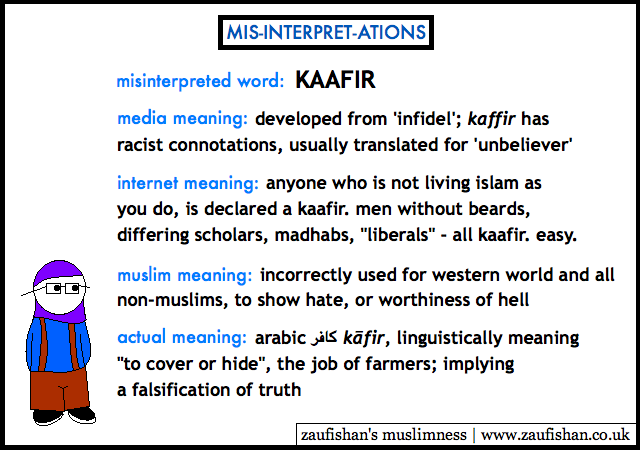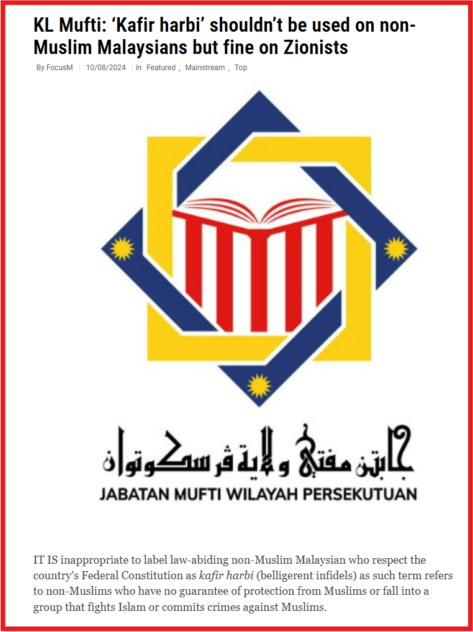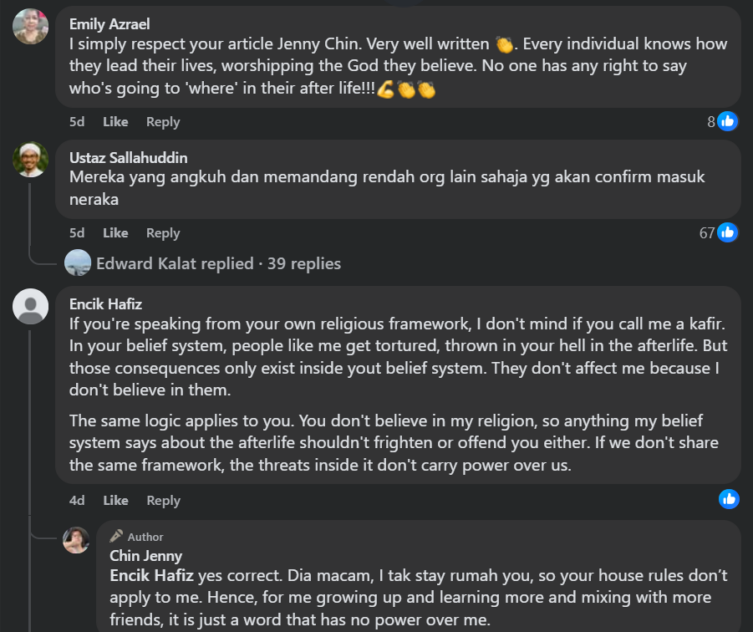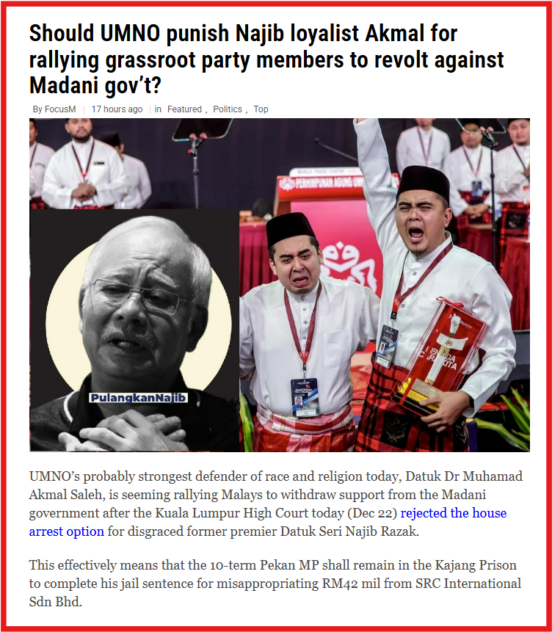Ron, an elderly man in Australia, had owned a large farm for several years. He had a large pond at the back.
It was properly shaped for swimming, so he fixed it up nice with picnic tables, horseshoe courts, and planted some orange and lime trees.
One evening the old farmer decided to go down to the pond, as he hadn’t been there for a while and look it over.
He grabbed a five-gallon bucket to bring back some fruit. As he neared the pond, he heard voices shouting and laughing with glee.
As he came closer, he saw it was a bunch of young women skinny-dipping in his pond. He made the women aware of his presence and they all went to the deep end.
One of the women shouted to him, “We’re not coming out until you leave!”
Ron frowned, “I didn’t come down here to watch you ladies swim naked or make you get out of the pond naked.”
Holding the bucket up Ron said, “I’m here to feed the alligator!”
If you are obsessively compulsive, please press 1 repeatedly.
If you are co-dependent, please ask someone to press 2.
If you have multiple personalities, please press 3, 4, 5, and 6.
If you are paranoid-delusional, we know who you are and what you want. Just stay on the line so we can trace the call.
If you are schizophrenic, listen carefully and a little voice will tell you which number to press.
If you are manic-depressive, it doesn’t matter which number you press. No one will answer.
If you are anxious, just start pressing numbers at random.
If you are phobic, don’t press anything!
How does a rabbi make coffee? Hebrews it!
Rest in peace boiling water. You will be mist!
How do you throw a space party? You planet!
Want to hear a construction joke? Oh, never mind, I’m still working on that one.
Talk is cheap? Have you ever talked to a lawyer?
Why did the gym close down? It just didn’t work out!
Two artists had an art contest. It ended in a draw!
I have a fear of speed bumps. But I am slowly getting over it.
What do you call a boomerang that doesn’t come back? A stick!
You know what I saw today? Everything I looked at.
If we shouldn’t eat at night, why do they put a light in the fridge?
Have you ever tried eating a clock? It’s really time-consuming, especially if you go for seconds.
Why are ghosts such bad liars? Because they are easy to see through.
It’s cleaning day so naturally, I’ve already polished off a whole chocolate bar.
Here, I bought you a calendar. Your days are numbered now.
Where are average things manufactured? The satisfactory.
A little old lady is walking down the street dragging two large plastic garbage bags behind her. One of the bags rips, and every once in a while, a RM20 bill falls out onto the sidewalk.
Noticing this, a policeman stops her, and says, “Ma’am, There are RM20 bills falling out of your bag.
“‘Oh, really? Darn!” says the little old lady. “I’d better go back and see if I can find them. Thanks for telling me..”
“Well, now, not so fast,” says the cop. “How did you get all that money?’ You didn’t steal it, did you?”
“Oh, no”, says the little old lady. “You see, my back yard is right next to the football stadium parking lot. On game days, a lot of fans come and pee through the fence into my flower garden. So, I stand behind the fence with my hedge clippers. Each time some guy sticks his thing through the fence, I say, ‘RM20 or off it comes!”
“Well, that seems only fair.” laughs the cop. “OK? Good Luck! Oh, by the way, what’s in the other bag?”
“Well, you know”, says the little old lady, “not everybody pays!”
My brain is like the Bermuda triangle. Information goes in and then is never found again.
A President, the Pope, a doctor and a little boy scout were out for a Sunday afternoon flight on a small private plane.
Suddenly, the plane developed engine trouble. In spite of the best efforts of the pilot, the plane started to go down.
Spontaneously, the pilot grabbed a parachute, yelled to the passengers that they had to jump out, and he bailed himself out.
Unfortunately, there were only three parachutes remaining.
The doctor grabbed one and said “I’m Dr Kassim Ahmad, I save lives in the Malaysia during the pandemic, so I must live” and jumped out.
The President then said “I’m President Biden. I’m the smartest and the most powerful man in the world, I deserve to live for the sake of mankind!” He grabbed a parachute and jumped out also.
The Pope looked at the little boy scout and said, “My son, I’ve lived a long and full life. You are young and have your whole life ahead of you. Take the last parachute and live in peace.”
The little boy scout handed the parachute back to the Pope and said “Not to worry, Pope Francis. ‘The smartest man in the world’ just jumped out with my back pack!”
Jacob (92 years old) and Rebecca (85 years old) are all excited about their decision to get married. They go for a stroll to discuss their wedding plans and on the way, they go past a drugstore.
Jacob suggests that they go in. Jacob addresses the man behind the counter:
“Are you the owner?” The pharmacist answers ” Yes”.
Jacob: “Do you sell heart medication?”
Pharmacist: “Of course we do.”
Jacob: “How about medicine for circulation?”
Pharmacist: “All kinds.”
Jacob: “Medicine for rheumatism?”
Pharmacist: “Definitely.”
Jacob; “How about Viagra”
Pharmacist: “Of course.”
Jacob: “Medicine for memory?”
Pharmacist: “Yes definitely, take Memo Plus Gold.”
Jacob: “What about vitamins and sleeping pills?”
Pharmacist: “Absolutely.”
Jacob turns to Rebecca: “Sweetheart, we might as well register our list of wedding gifts with them!”
The photographer for a national magazine was assigned to get photos of an enormous forest fire. Smoke at the scene was too thick to get any good shots, so he frantically called his office to hire a plane.
“It will be waiting for you at the airport!” he was assured by his editor.
As soon as he got to the small, rural airport, sure enough, a plane was warming up near the runway. He jumped in with his equipment and yelled, “Let’s go! Let’s go!”
The pilot swung the plane into the wind and soon they were in the air.
“Fly over the north side of the fire” said the photographer, “and make three or four low level passes.”
“Why?” asked the pilot.
“Because I’m going to take pictures! I’m a photographer, and photographers take pictures!” said the photographer with great exasperation and impatience.
After a long pause the pilot said, “You mean you’re not the flight instructor?”
As usual, we remind you to take your Memo Plus Gold daily. It will help to keep you alert and mentally sharp. For more information or to order for Memo Plus Gold, please visit : https://oze.my





 and said to his friends, “Ini kafir. Bila mati, diorang masuk neraka
and said to his friends, “Ini kafir. Bila mati, diorang masuk neraka  ” (literally, “She’s an infidel. Upon death, they shall enter hell”).
” (literally, “She’s an infidel. Upon death, they shall enter hell”). .
. , we’re doomed to hell.
, we’re doomed to hell. stuff for an eight-year-old just trying to figure out the world
stuff for an eight-year-old just trying to figure out the world  .
. – is it really necessary to label
– is it really necessary to label  people in such a way?
people in such a way? .
.
 , I chose to seek understanding
, I chose to seek understanding  . I’ve learned that tolerance isn’t about agreeing with everything –
. I’ve learned that tolerance isn’t about agreeing with everything –  , kindness and never once made me feel less than
, kindness and never once made me feel less than  .
.







